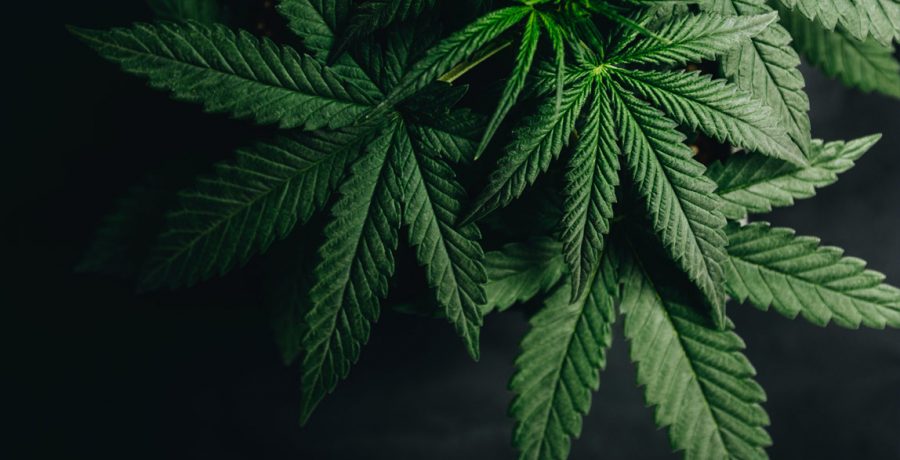The Marihuana Regulation and Taxation Act (the “Act”) authorizes the Cannabis Control Board (“Board”) to issue and regulate adult-use marijuana licenses to legally cultivate, process, deliver, distribute and sell adult-use marijuana products commercially. Many of our clients have inquired about the types of licenses under the Act and what a potential licensee are authorized and/or restricted to do under the same. The following is brief overview of each of the licenses that the Board is authorized to issue:
- Cultivator License – authorizes the acquisition, growing, cloning, harvesting, drying, curing, grading, trimming, distribution and sale of adult-use marijuana to licensed processors in New York State. A cultivator’s licensee can obtain one (1) processor’s license and one (1) distributor’s license solely for the distribution of their own products. However, a cultivator’s licensee cannot hold a retail, microbusiness or on-site consumption license.
- Processor License – authorizes the acquisition and possession of adult-use marijuana, blending, extracting, infusing, packaging, labeling, branding or otherwise making or preparing of adult-use marijuana based products and the sale of the same to other licensed processors or distributors. A processor licensee may apply for and obtain one (1) distributor’s license to distribute their own products but cannot hold more than one (1) processor’s license. Additionally, a processor licensee is not authorized to do any activity authorized under a cultivator’s license unless they are separately licensed. Finally, a processor licensee, like a cultivator licensee, cannot hold a retail, microbusiness or on-site consumption license.
- Cooperative License – authorizes the acquisition, possession, cultivation, processing, distribution and sale of adult-use marijuana to licensed distributors, on-site consumption sites and to retail dispensaries, but not directly to consumers. A member of an adult-use cooperative may not have a direct or indirect interest in any other license issued under the Act. In order to be a cooperative licensee, the cooperative must: (a) be comprised of New York State residents as a limited liability company or limited liability partnership under the laws of the state, or an appropriate business structure as determined and authorized by the Board; (b) subordinate capital, both as regards control over the cooperative undertaking, and as regards the ownership of the pecuniary benefits arising therefrom; (c) be democratically controlled by the members themselves on the basis of one vote per member; (d) vest in and allocate with priority to and among the members of all increases arising from their cooperative endeavor in proportion to the members’ active participation in the cooperative endeavor; and (e) the cooperative must operate according to the seven cooperative principles published by the International Cooperative Alliance.
- Distributor License – authorizes the acquisition, possession, distribution and sale of cannabis from a licensed cultivator, processor, cooperative, microbusiness to licensed retail dispensaries and on-site consumption sites. However, any distributor licensee with an interest in a licensed cultivator or processor can only distribute adult-use marijuana or its products by such licensee. Additionally, no distributor licensee, like the cultivator and processor licensee, can own or have any interest in any microbusiness, retail or on-site consumption licensee.
- Retail License – authorizes the acquisition, possession, sale and delivery of adult-use marijuana to consumers. Notably, a retail license shall not be issued if the retail premises is located within 500 feet of a school or 200 feet of a house of worship. In addition, a retail licensee may not hold a cultivation, processor, microbusiness, cooperative or distributor license.
- Microbusiness License – authorizes limited cultivation, processing, distribution, delivery and dispensing of their own adult-use marijuana and derived products. A microbusiness licensee cannot hold any interest in any other license. The size, scope and eligibility criteria of a microbusiness shall be determined by further regulation by the Board.
- Delivery License – authorizes the delivery of adult-use marijuana and derived products between retail licensees and consumers. Each delivery license may have a total of no more than 25 individuals providing full-time paid delivery services per week under one (1) license. No person may have a direct or indirect financial interest in more than one (1) delivery license.
- Nursery License – authorizes the production, sale and distribution of adult-use marijuana clones, immature plans, seeds and other agricultural products used for the planting, propagation and cultivation by licensed cultivators, cooperatives and microbusinesses. A cultivator licensee may obtain one (1) nursery license.
- On-Site Consumption License – authorizes the sale of adult-use marijuana to customers, in an amount prescribed by the Board, for on-site consumption on the licensee’s premises (i.e. smoking lounge). Similar to a retail licensee, a on-site consumption licensee cannot be located within 500 feet of school grounds or 200 feet of a house of worship. In addition, no person can have a financial interest in more than three (3) on-site consumption licenses and an on-site consumption licensee cannot also hold a retail, cultivation, processor, microbusiness, cooperative or distributor license.
Conclusion
The licensing under the Act closely parallels the licensing structure under Massachusetts’ adult-use marijuana legislation, which our attorneys have experience navigating through assisting client with their Massachusetts license application submissions. As a result, it may be prudent to consider Massachusetts’ licensing requirements and restrictions in your pre-application preparations while we wait for the Board to issue proposed regulations and guidance regarding the respective licenses.
The Wagoner Firm PLLC, offers life cycle services to our cannabis clients through our experienced counsel and invaluable stakeholder connections. We represent savvy business clients from start-ups to industry titans on a host of issues and actively engage with partners in government affairs, public relations, marketing and business planning to ensure the very best results.
Please contact The Wagoner Firm PLLC, if you have any questions about New York’s legalization of adult-use marijuana or pursuing an adult-use marijuana license.
